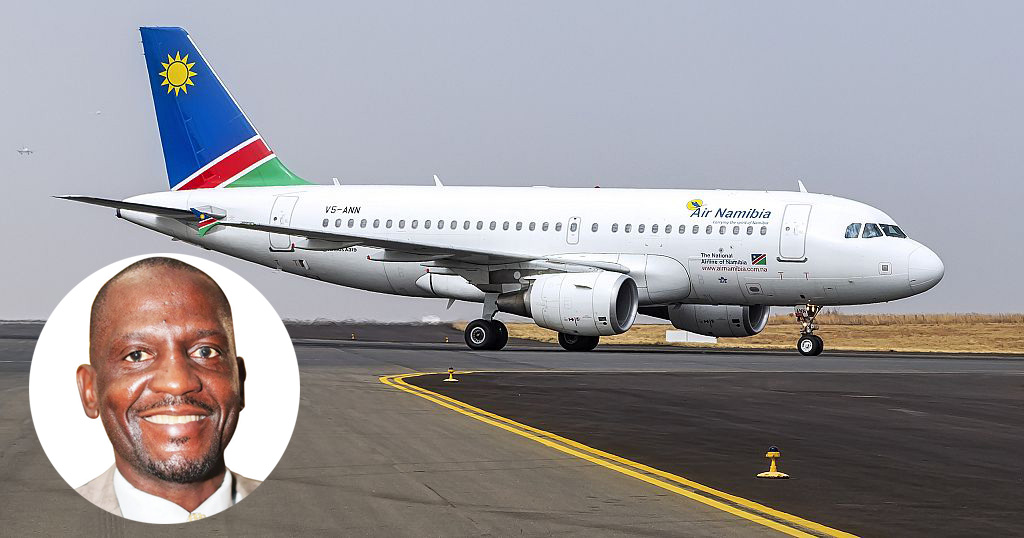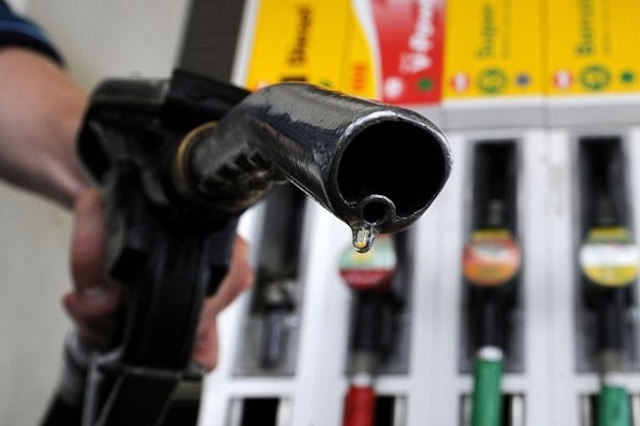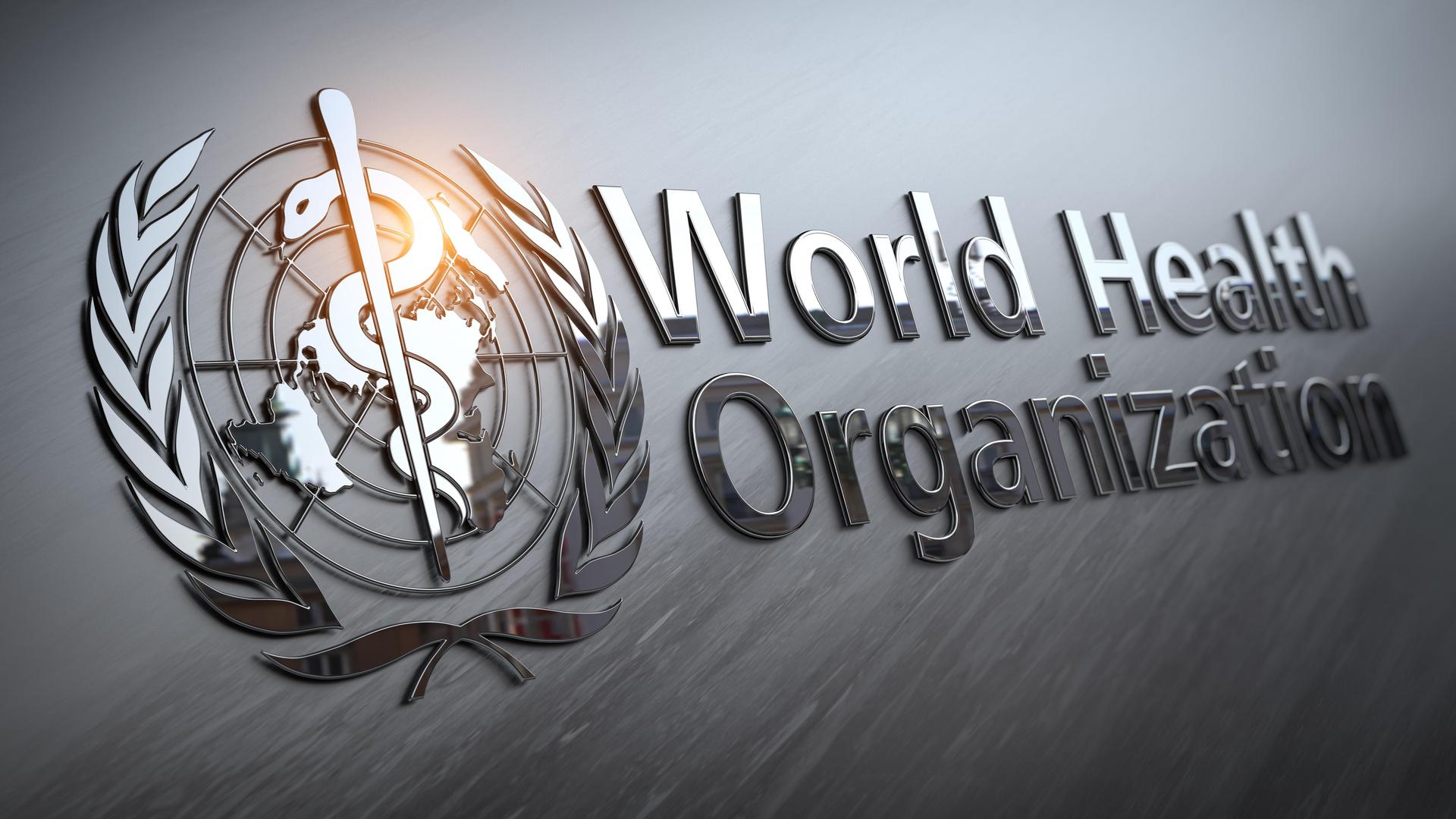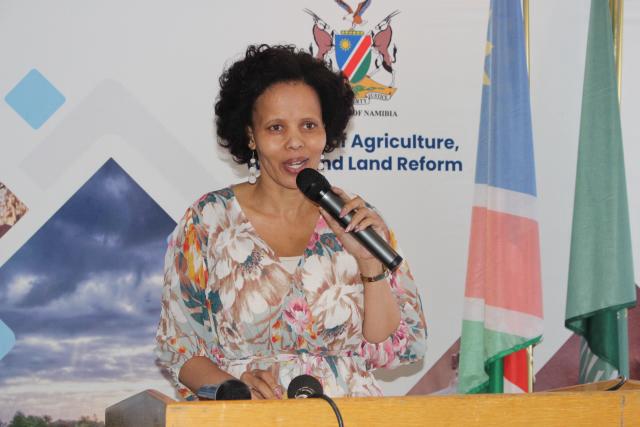Former minister of finance and public enterprises Calle Schlettwein says the government should prioritise issues like the provision of water and proper healthcare over ploughing resources into the defunct national airline.
Air Namibia has gulped up billions of taxpayers’ dollars over years of state subsidies.
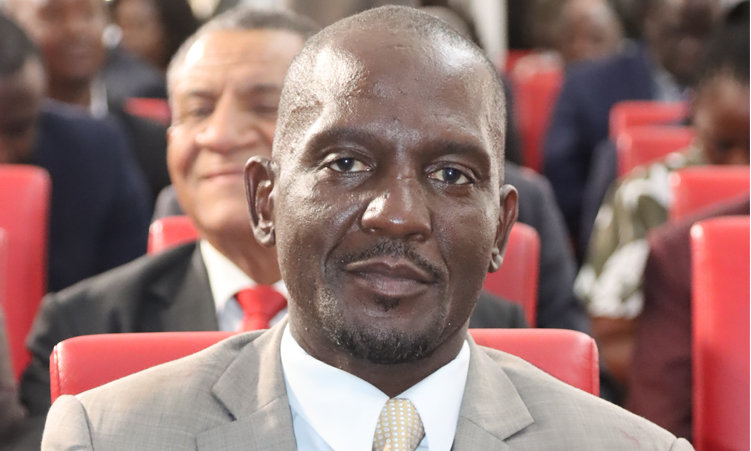
Schlettwein’s sentiments come after minister of works and transport Veikko Nekundi has said the revival of the airline is imminent, with consultation expected to start soon.
Nekundi was quoted by state-owned publication New Era, saying the airline is high on the country’s agenda.

Schlettwein says the airline sank after a plethora of challenges and several studies done on it did not yield any results.
The former minister yesterday told The Namibian the government needs to prioritise pressing issues instead of the perennial loss-making airline.
“The closing down of Air Namibia was due to the fact that it never made a profit. No, not a single share. So if we want to return it, we must carefully rethink the model,” he said.
Schlettwein said all the feasibility studies done on Air Namibia have failed.
“I know several feasibility studies that were made around Air Namibia. And all of them actually failed.
They did not produce what one would have liked to see, and that is a profit,” he said.
He said one of the reasons Air Namibia struggled was due to expensive traffic.
“Namibia is far away from any centre. So our traffic will always be expensive. And to build an airline on the assumption that we want to also have international flights will make profitability really difficult.
“There are many other priorities to spend money on rather than revive Air Namibia. We have vast infrastructure needs in the water sector, transport, housing, school, health . . .
“So Air Namibia will not be a priority for me,” Schlettwein said.
In 2020, the airline submitted a business turnaround plan that would cost N$4.7 billion.
The government agreed to guarantee N$500 million in a loan for the struggling Air Namibia in 2019.
This support from its sole shareholder was meant to reinstate five aircraft in its fleet of 10 to upscale its services to domestic, regional and international routes.
The revival of Air Namibia is one of the priorities in Swapo’s manifesto, which has been made an official policy document.

Cirrus Capital economist Tannan Groenewald reckons the airline’s revival is “a bad idea”.
Groenewald says the idea only shows that the country did not learn from the first experience.
She calls Air Namibia a “fiscally irresponsible nostalgia project”.
“And the government is running a deficit, so we will need to borrow to spend on Air Namibia, which means a future tax on Namibians to pay for this,” Groenewald says.
The argument that introducing the airline would reduce the cost of flying is not true as people are not earning enough to afford tickets, she says.
“Only 1.2% of Namibians flew in 2023, and 65% of employed Namibians don’t even earn enough in a month to get a return ticket to South Africa, therefore nobody surviving on less than N$5 000 a month is going to prioritise flights.”
Economist Omu Kakujaha-Matundu says the decision should be based on evidence, not emotion. He says the advantage is that the project is not new, offering previous numbers to consider.
“The government should interrogate those numbers in the presence of new evidence that necessitates its revival,” Kakujaha-Matundu says.
He says the project should only go ahead if the benefits outweigh the costs.
“Let’s set aside emotions and let the revival of Air Namibia be strictly based on firm business principles. There should be little room for error this time around.”
HISTORY
Prior to its liquidation, Air Namibia flew to 11 destinations in Europe, southern Africa and domestically.
The airline flew from Windhoek to Frankfurt, Cape Town, Johannesburg, Gaborone and Durban daily and to Victoria Falls six times a week, as well as to Harare and Lusaka four times a week.
There were daily local flights between Windhoek, Ondangwa and Walvis Bay, and four flights a week between Windhoek, Rundu, Katima Mulilo and Lüderitz.
Already in the mid to late 1990s, reports emerged of Air Namibia, then a subsidiary of TransNamib, making huge losses.
Between 1999 and 2004, Air Namibia was bailed out to the tune of N$1.4 billion.
In 2021, then finance minister Iipumbu Shiimi announced that taxpayers had spent N$8.4 billion over the past 10 years to rescue the airline from unmitigated bankruptcy.
At the time of Air Namibia’s liquidation in August 2020, its assets were valued at N$981 million in August, while it had liabilities worth N$3 billion.
The closure of the national airline marked the end of an institution that gobbled up N$11 billion in government bailouts over the course of two decades.
Stay informed with The Namibian – your source for credible journalism. Get in-depth reporting and opinions for
only N$85 a month. Invest in journalism, invest in democracy –
Subscribe Now!




